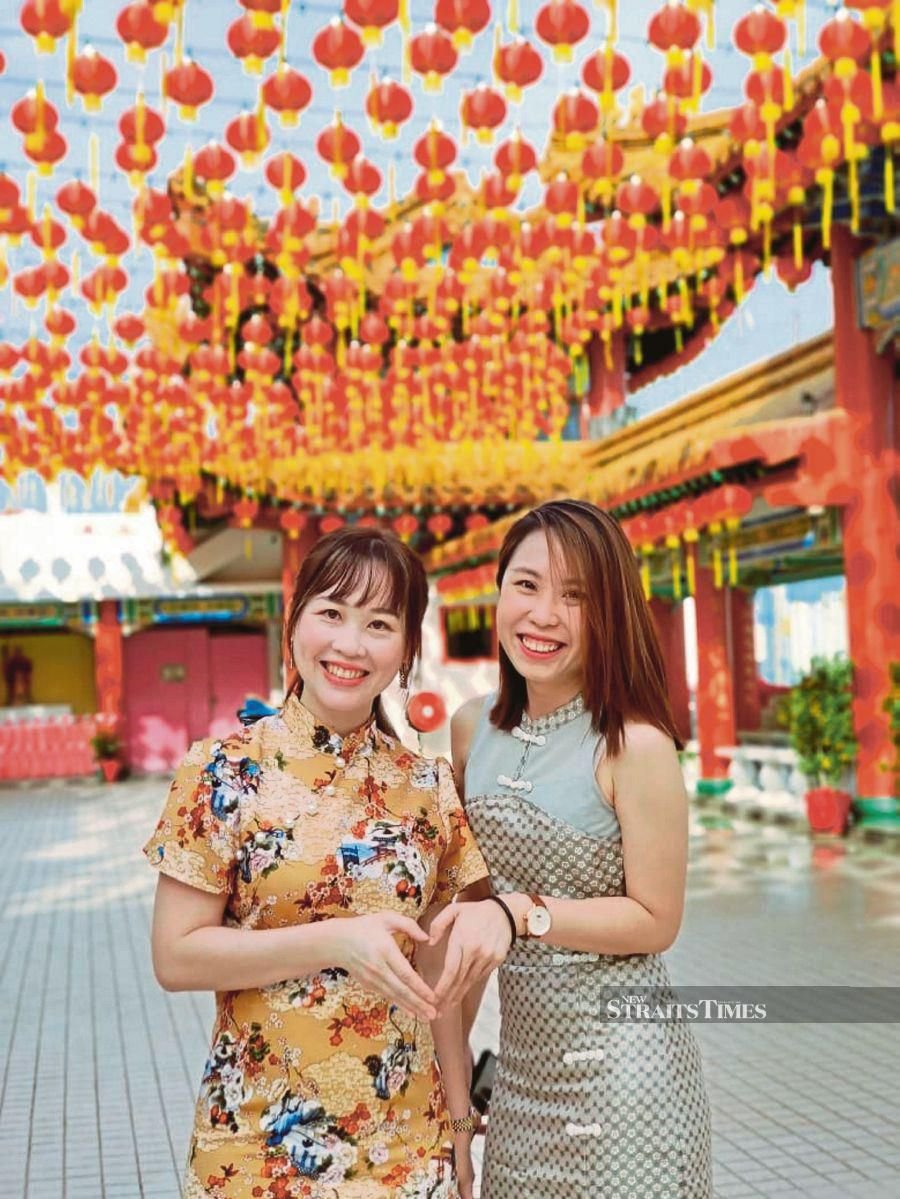KUALA LUMPUR: Many are familiar with the traditional taboos of Chinese New Year, such as not sweeping the house on the first day and not wearing black or white clothes during the celebration.
But how many know of other taboos, such as prohibitions on washing your hair or eating porridge on the first day of the Lunar New Year?
In Chinese culture, these taboos are observed to avert misfortune and bad luck in the new year.
For example, sweeping the house on the first three days is seen as "sweeping out" good luck. Wearing black or white clothes is seen as bad luck as the colours symbolise grief in the Chinese culture.
People are also advised against eating porridge on the first day of Chinese New Year as it is believed that only the poor eat it for breakfast. As such, "being poor" at the beginning of the year is deemed unlucky.
Taking a nap or sleeping until late noon on the first day of the new year is also frowned upon, as those who do so will become lazy throughout the year and affect their career.
Another lesser-known tradition is that a married daughter should not return to her natal home on the first day of the new year as "the family will become "poor".
So, the married daughter will return home only on the second or third day. The belief is said to stem from the custom that on the first day of the new year, many guests would be visiting the husband's family, and the wife would have to help entertain the guests.
Another tradition is that on the first day of the new year, people should not make herbal tea or take medication since it is believed that doing so would be courting bad luck, and leave the person ill for the rest of the year. Items like wallets, clocks, scissors, pears, handkerchiefs or anything with the number four should not be gifted as they have a bad meaning in Chinese culture, and are believed to bring bad luck.
However, in Malaysia, many of the more obscure taboos have been forgotten and only the more well-known ones are still practised.
The New Sunday Times spoke to several people at the Thean Hou Temple in Petaling Jaya to know which taboos they still follow and the ones they have dropped.
Lim Hui Keem, 38, said she did not follow most of the taboos. However, the one that she adheres to religiously is to not sweep the house on the first day.
"Sweeping the floor is akin to sweeping away good luck for the year. We can vacuum the house, though."
Her colleague, Wong Mei Lin, 33, said she would not sweep the floor on the first day.
"Another practice I follow is to stay up as late as possible on the eve of Chinese New Year. It is believed that the longer we stay up, the longer our parents will live."
Another devotee at the temple, who wished to be known only as Wong, 73, said although she was a senior citizen, she did not pay too much attention to the taboos as they were "old fashioned" and did not pressure her younger family members to follow them.
"I don't strictly follow the taboos or Chinese traditions and beliefs, so I do not expect my grandchildren or children to follow them.
"The traditions were passed down by the older generations and now, in this modern era, I think they are old-fashioned. Whether the younger generation wants to follow them or not, it is their choice. These taboos should not be forced on people who have different beliefs. It should be at their own will."


